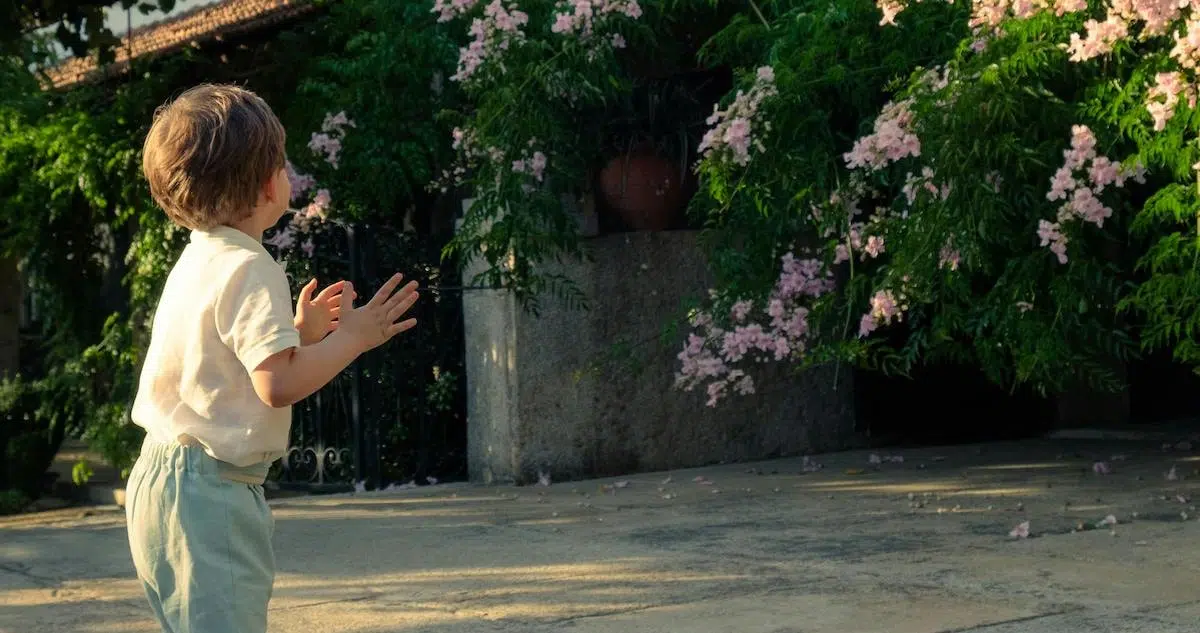The pros & cons of raising a bilingual child
Kiindred
Kiindred
Up next
Knowing more than one language is a major benefit to people in this day and age. Being able to converse with people from different countries and cultures will set your child up for success later in life. However, some people do believe there might also be drawbacks to bilingualism (or multilingualism).
What are the positives of bilingualism?
Starting to learn a second language at a young age will set your child up to become fluent much faster than a child who waits. They will gain stronger skills with language and an ability to pick up different forms of communicating quicker. This is then connected to their ability to write and read at a superior level. Being able to switch between two languages and know when to use them refines focus, multitasking, and attention.
What are the possible downfalls?
There are some common misconceptions surrounding bilingualism and these include the idea that the extra focus on two languages and possible confusion between them. Meaning that the child may develop slower, than if only one language was being spoken. Little to no scientific evidence has corroborated this though so it is merely a theory.
It’s easy to understand how your little one might take a bit longer to speak because their heads are filled with numerous words but the long-term effects seem to far outweigh any possible early delay. But there’s nothing to say they wouldn’t have had those delays regardless.
The other possible downfall to learning two languages would be more so for the parent or carer. Teaching your baby two languages will be a far bigger undertaking for you, and would require time and commitment. Merely learning it through listening won’t be enough for them to become bilingual, so you will have to make a great effort to teach them.
Sign up
Get tailored content based on your week of pregnancy
By signing up, you agree to receiving our Newsletters. Cancel anytime.



How can I help my child become bilingual?
To help your child become bilingual, play lots of language games, speak as often as possible, but importantly, don’t force it. You want your child to learn the two languages through interest and entertainment or else they will reject it. Make an effort to take them to extra language classes and play movies, CDs, or TV shows in the language.
Understanding and being fluent in more than one language is hugely beneficial, and outweigh any possible downsides. Your child has a much better chance of becoming fluent if you start at a young age and will thank you one day!
Related articles
Learning a new skill
5 things your toddler’s tantrum might be trying to tell you
Anxiety at daycare
Related Articles
Trending
Kiindred
Follow +Brought to you by the Kiindred Editors. Our team are committed to researching and writing on all the things we know you will want to know about, at each stage of your pregnancy and parenthood journey.









